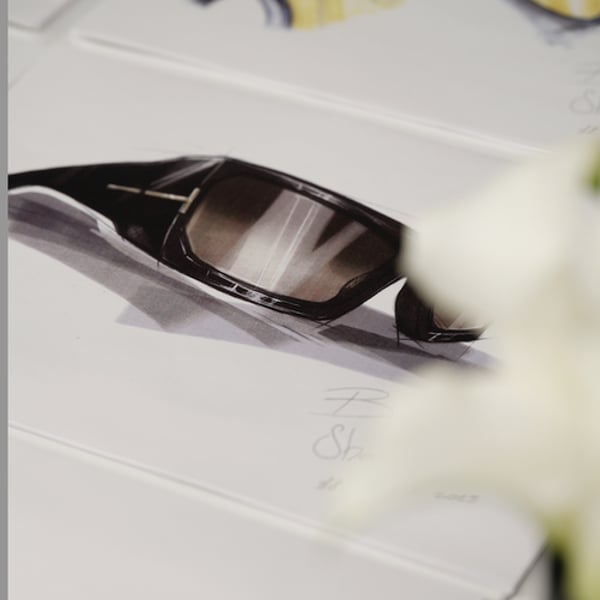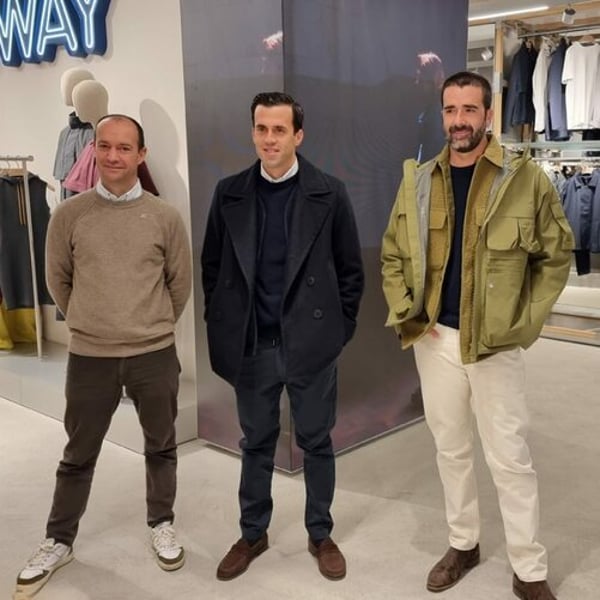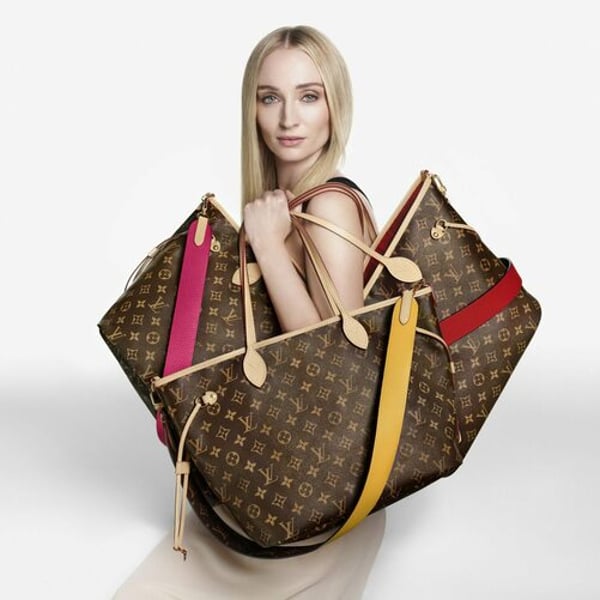Published
September 10, 2025
Samantha Cameron’s Cefinn label is to be wound down with the former Smythson creative director (who’s also married to ex-Prime Minister David Cameron), facing cost pressures, international trading issues and the tough wholesale market.

The current autumn collection will continue to be sold and the winter collection will launch later this month but will be the last one from the brand.
The loss-making business had been pivoting to DTC and said this was the best way forward. It opened a King’s Road, London, store back in June.
Yet business remained difficult, despite the patronage of some well-known names. Her clothes had been seen on numerous celebrities (think TV presenters and newsreaders) and big-league influencers such as the Princess of Wales and Michelle Obama have also worn them.
In an Instagram statement, Cameron said: “This was not a decision I have taken lightly, especially as we have recently seen strong trading figures… [but] I have found it increasingly difficult to be certain that Cefinn can achieve the level of growth needed to reach a stable and profitable position.”

She thanked her “team of brilliant, talented and dedicated colleagues”, plus her “shareholders, suppliers and family and friends for their unstinting support and friendship throughout the inception and journey of Cefinn.”
The label was launched in 2017, the year after she and her husband moved out of Downing Street following the Brexit vote. It aimed to fill a gap for workwear and daywear that was comfortable for day-long wear, with easy care properties and a fashion edge. And she targeted women who didn’t have the budget to stretch to designer labels.
As mentioned, the company had been pivoting away from wholesale in recent periods with a DTC focus. Its most recent results (for the year to October 2024) were released this spring and despite an overall sales fall, it said DTC revenue rose 28%.
But President Trump’s tariffs have been a significant factor in recent months for companies (like Cefinn) that partially or wholly manufacture in China. They’ve caused other UK businesses to throw in the towel completely, while some have survived but have stopped focusing on US expansion and are looking at other markets for growth.
And companies that still have wholesale as a big part of their business model are faced with struggling department stores, plus consumers trained to expect discounts, easy returns and a constant stream of newness.
Copyright © 2025 FashionNetwork.com All rights reserved.







